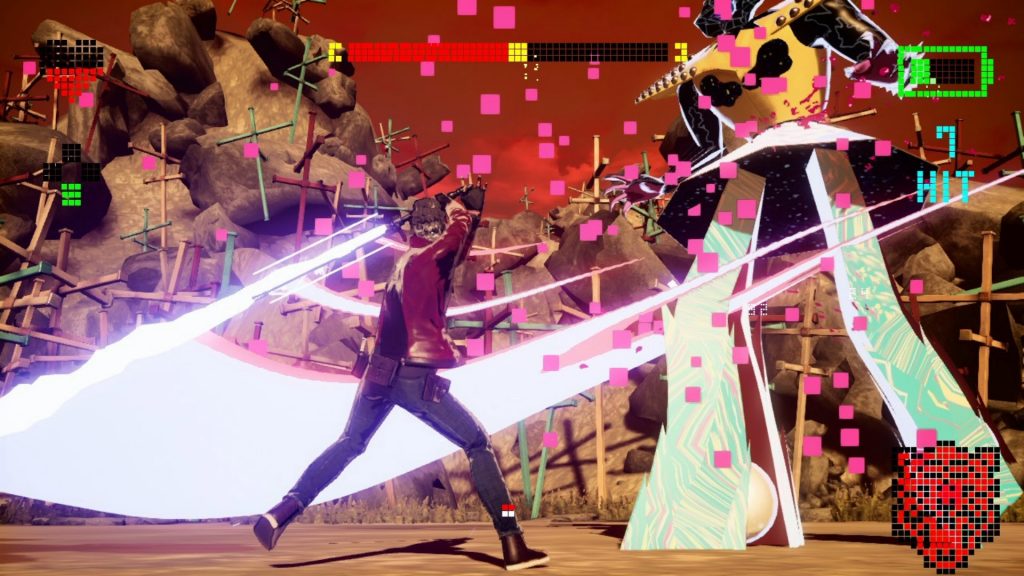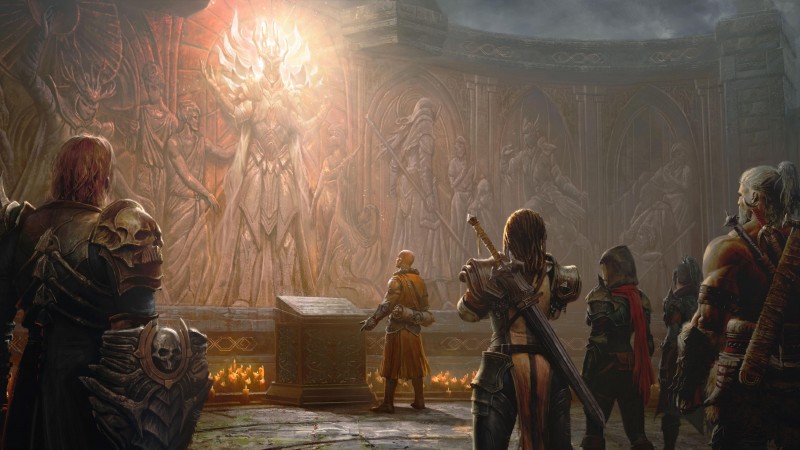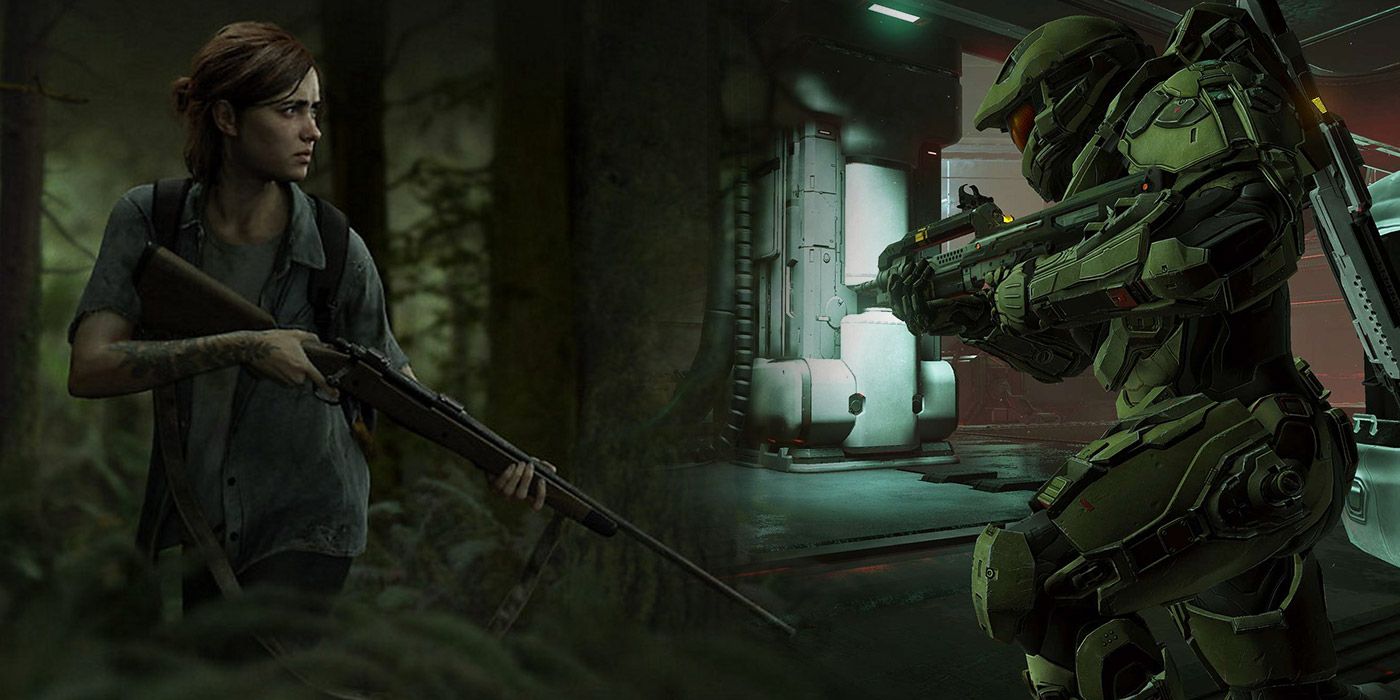
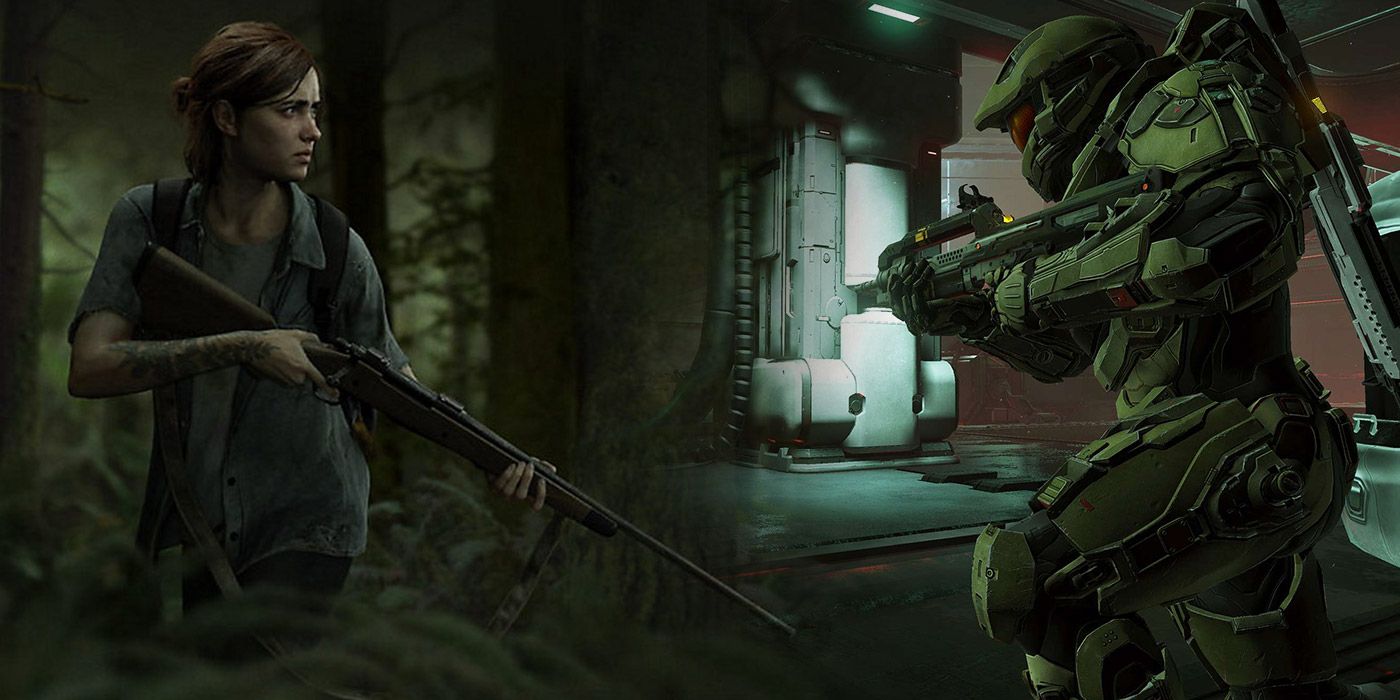
When it comes to standing out in the gaming industry, a prime example that comes to mind for different reasons is The Last of Us 2. Naughty Dog's endeavor got a lot of praise for its LGBTQ+ representation, featuring a lesbian protagonist and a trans man as a major character. The Last of Us 2 also did a great job at portraying factions and making the conflict between the main characters compelling and believable, especially thanks to the switch in perspective from Ellie's point of view to that of Abby. That's something that the game shares with Halo 5: Guardians.
For starters, one of the similarities that The Last of Us 2 and Halo 5: Guardians share is the fact that the switch in perspective didn't leave every player satisfied. Some The Last of Us 2 players were unhappy with how they got to control Abby, the very same character who killed Joel. The other protagonist, Ellie, felt unlikeable to some because her story arc is a negative one. The same holds true for Halo 5: Guardians, as the game primarily focuses on Spartan Locke as the main character, while the series' protagonist is relegated to only be a playable character for a handful of missions.
RELATED: The Last of Us 3: Where Abby and Lev's Story Should Go Next
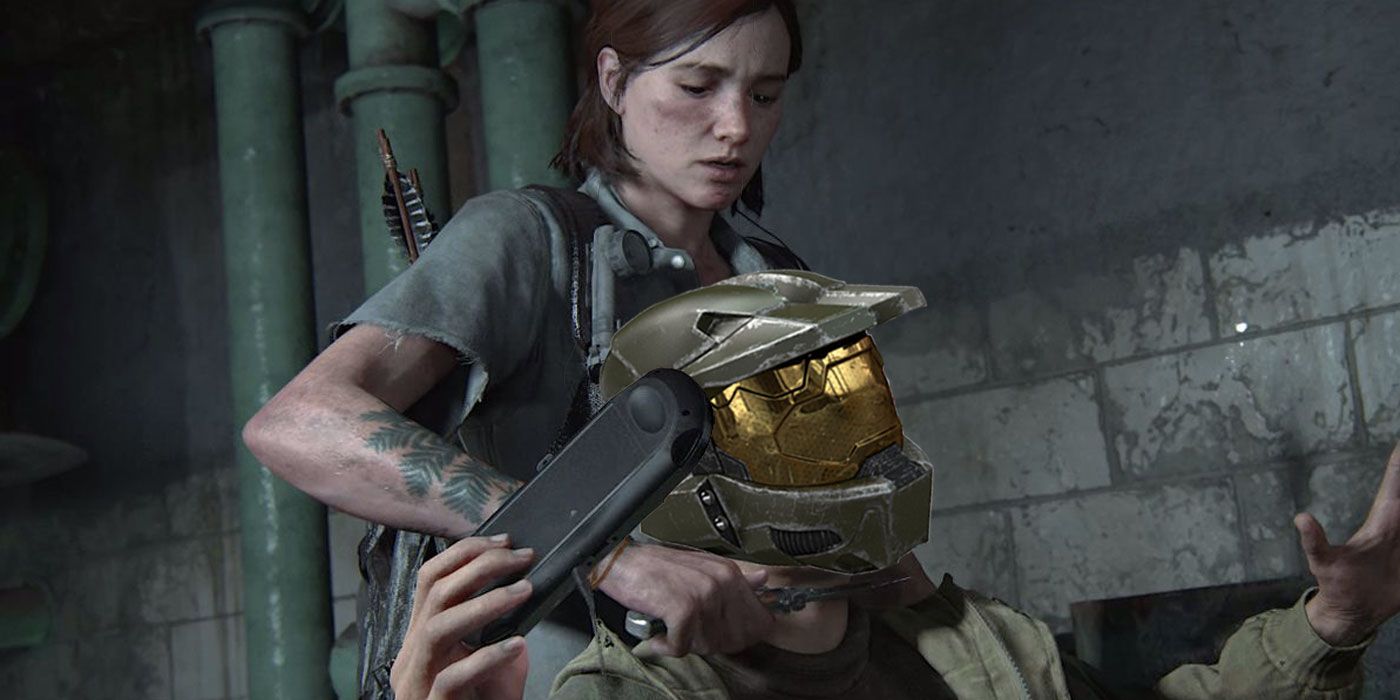
Both games led their respective communities to discuss what they liked and what they didn't, and why each of these games was different from previous entries. With Ellie's arc, The Last of Us 2 mirrors Cortana's path in the Halo series in a way, where Cortana was a supportive character that fans learned to care about, but her fate in Halo 4 was reversed in Halo 5: Guardians. Cortana canonically died at the end of Halo 4, and she came back in the following game as a fragment who is still attached to Master Chief, but also trying to gain control for herself, only to end up becoming a villain.
This twist was heartbreaking for some players, and others simply hated it, stating that they didn't like anything about Halo 5. This is not too different from what happened with The Last of Us 2, where those unhappy with the direction of the game ended up posting videos online of them dying over and over again on purpose while controlling Abby. The problem is The Last of Us 2 is trying to make a point that differences between people and factions should be put aside, as all they do is causing vicious cycles of violence, hatred, and emotional trauma.
Some Halo fans didn't like Halo 5 because not only had they been betrayed by Cortana, but they also had to play through the story as someone else, someone who is coincidentally hunting their beloved protagonist down. Again, The Last of Us 2 does something close to that by letting players control Abby and fight against "team Ellie," even though the logic of teams is precisely what the game wants to defy. Overall, the two have a lot in common, and this poses the question as to what it takes to make a video game with two protagonists fighting each other, while also consciously straying from the previous installments of the series.
The Last of Us 2 is available now on PS4 and PS5.
MORE: The Last of Us: Every LGBT+ Character in the Franchise

